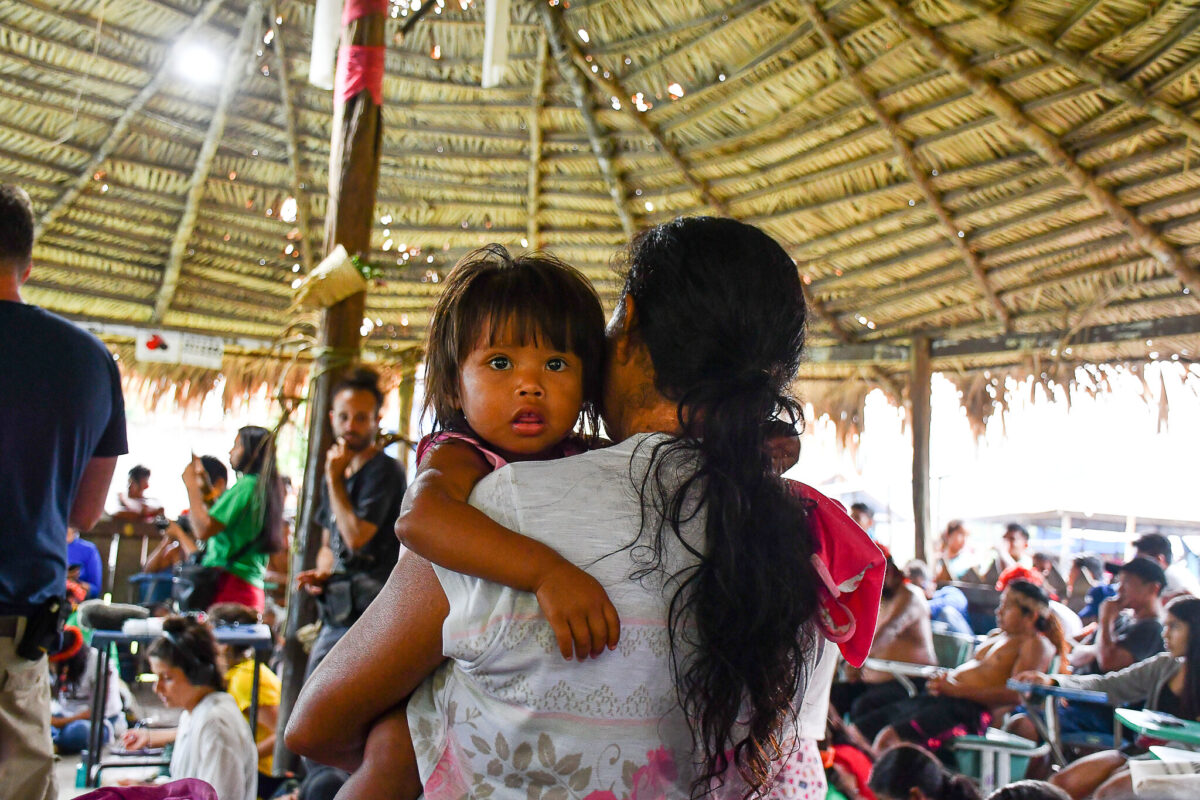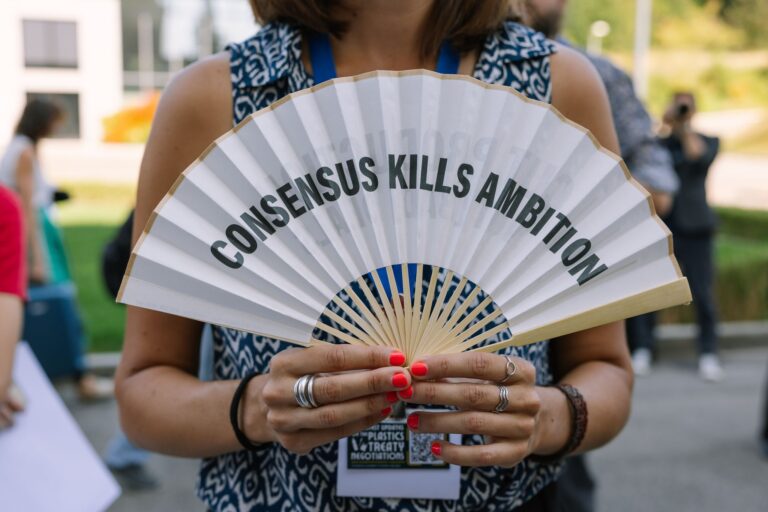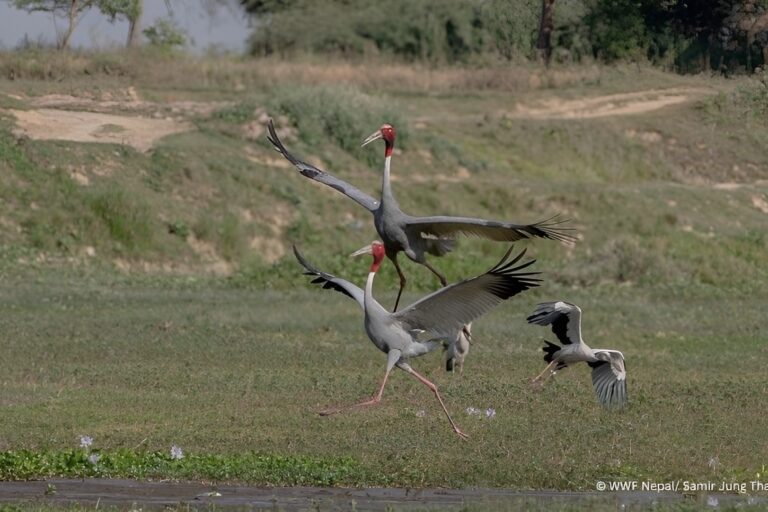- On May 22, 2019, the lower house of Congress voted to maintain Funai, Brazil’s indigenous agency, under the Ministry of Justice, as well as affirm Funai’s land demarcation powers. The decision was endorsed by the Senate on May 28 and now the text has to be endorsed by President Jair Bolsonaro by June 14. According to rights groups and politicians, Bolsonaro is not likely to make changes regarding Funai
- Funai existed within the Ministry of Justice from 1967, but was placed under the new Ministry of Human Rights, Family and Women created by President Bolsonaro through a provisional measure, MP 870, on the first day of his presidency. Such measures must be approved within 120 days by Congress to become law or they become null.
- MP 870 transferred decision-making power over the demarcation of indigenous reserves from Funai to the Ministry of Agriculture.
- Changes to Funai’s decision-making authorities and position triggered outcry from rights groups and justices, who claimed conflicts of interest and said it was a strategy to weaken Funai.
Brazil’s National Congress has overturned changes set by far-right President Jair Bolsonaro that transferred the decision-making power of indigenous reserves demarcation to the Ministry of Agriculture. The move gives that power back to Funai, Brazil’s indigenous affairs agency, and has been described by activists and rights groups as a “tremendous victory,” despite ongoing concerns about the current administration’s commitment to fulfilling indigenous rights, as required under the country’s constitution.
With 70 votes in favor and just four against, on May 28 the Senate reinstated Funai’s authority over delimiting and entitling indigenous reserves and placed the agency back under the Ministry of Justice, endorsing the vote of the Chamber of Deputies, the lower house, in the previous week.
The vote came in response to a provisional measure, MP 870, issued by Bolsonaro on Jan. 1, the first day of his presidency, which stripped Funai’s powers and placed the agency — which was under the Ministry of Justice since 1967 — under the new Ministry of Human Rights, Family and Women. The measure triggered an outcry from rights groups and justices, who claimed conflicts of interest and a strategy to weaken Funai.
“It was a big victory for indigenous peoples and partners who support the indigenous fight through the political articulation and mobilization we have done since the beginning of this anti-indigenous government,” said Paulo Tupiniquim, executive coordinator of the group Articulação dos Povos Indígenas do Brasil, the National Articulation of the Indigenous Peoples of Brazil (APIB).
“If the land demarcation remained in the Ministry of Agriculture, it would be the same as putting the fox in charge of the henhouse,” Tupiniquim said.
Joênia Wapichana, the first indigenous woman ever elected to the Brazilian Congress, said she worked actively to undo Bolsonaro’s moves to undermine Funai.
“The first week I took office [Jan. 1] I submitted eight amendments to MP 870,” she told Mongabay by phone. “Even though Funai was scrapped and weakened, it is still the only [governmental] institution that is close to the indigenous peoples because it has been prepared for this intercultural relationship.
“Funai is fundamental in the demarcation process and [this decision] reaffirms the constitutional duty to have a more qualified technical organization,” said Wapichana, who advocates for the parliamentary defense of indigenous peoples’ rights. “That is why it is very important to keep demarcation with Funai … and keep it under the Ministry of Justice because this is the ministry that is closer to the protection of rights.”

Scaling back MP 870 was one of the main demands at this year’s annual gathering of indigenous groups in Brasilia, called the Free Land Encampment, which brought together some 4,500 indigenous people from across Brazil. Native groups also protested against Bolsonaro’s plans to open up indigenous lands for mining and agribusiness and against his speech during his campaign last year that “not one centimeter of land will be demarcated for indigenous reserves or quilombolas,” communities of the descendants of runaway slaves.
Legal battle
The constitutionality of MP 870 was quickly challenged in Brazil’s Supreme Court. Justice Roberto Barroso rejected a legal challenge to the measure in late April, though he warned that Brazil’s top court could take further legal action if the Agriculture Ministry failed to comply with indigenous demarcations in future.
Provisional measures must be approved by Congress to become law within 60 days, with a possible permitted extension of another 60 days, or they become null. MP 870, which covers a broad ministerial restructuring, was awarded a postponement until June 3.
Given the tight deadline, Bolsonaro requested senators to approve MP 870 as it came from the lower house, through a letter in which he claimed that “the main axes of the reform were respected, with special emphasis on the significant reduction from 29 to 22 ministries.” If the Senate had changed the text from the lower house, it would have needed to send it back to the lower house for approval, which would have compromised its approval before the June 3 deadline.

Crucially, the lower house changed passages in the text of MP 870 — to restore land-demarcation powers to Funai — that it sent to the Senate, and the Senate duly passed that version. Now the text must be endorsed by Bolsonaro, but he is unlikely to make any changes regarding Funai, rights groups and politicians say.
“I believe that he will not change anything regarding Funai because such a move would be understood as an affront to Congress — and I believe that he does not have political conditions to make this kind of confrontation because of other things he wants to approve in Congress,” said Nilto Tatto, a member of the Chamber of Deputies’ caucus that advocates for indigenous and environmental rights.
Tatto described the approval of the modified MP 870 as a “tremendous victory” for indigenous rights, but said this doesn’t mean that Bolsonaro will move forward with the demarcation agenda. “This is another battle,” Tatto said.
Adriana Ramos, coordinator of the policy program for the Socio-environmental Institute (ISA), an NGO, agrees.
“All signals from this government are for non-indigenous-and-environmental policies,” she said. “Certainly, it will not be easy, but the fact that the land demarcation process isn’t directly subordinated to opposing interests in the government gives at least some space to negotiate,” she said.

Banner image caption: Indigenous women display a poster claiming to move Funai back to the Ministry of Justice during a march of the Free Land Encampment in Brasilia in April, 26, 2019. Photo by Karla Mendes for Mongabay
FEEDBACK: Use this form to send a message to the author of this post. If you want to post a public comment, you can do that at the bottom of the page.














